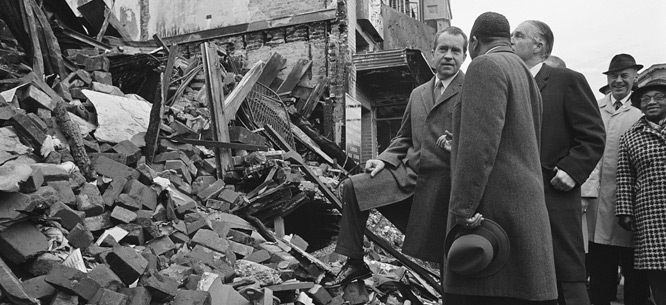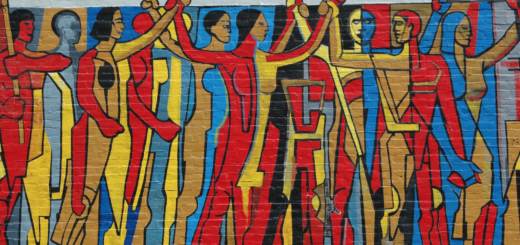Reflections on Martin Luther King, Jr.’s Dream
This past Friday, I re-read Martin Luther King, Jr.’s iconic 1963 “I Have a Dream Speech.” On that hot, muggy August day, King noted with bitter irony that 100 years after the signing of the Emancipation Proclamation, “the Negro is still not free.”
A century later, Blacks remained shackled by systemic injustice and exploitation, living in shameful conditions. Instead of delivering freedom and liberation, the US government, King charged, had issued Black people a bad check– a check that came back marked “insufficient funds.”

Standing on the steps of the Lincoln Memorial, King issued a prophetic declaration—Black Americans had come to the Nation’s capital to remind America that there would be neither rest nor tranquility until they were free.
He warned that the “whirlwinds of revolt will continue to shake the foundations of our Nation” until the bright day of justice finally emerged. His words carried not only a warning but also a pledge of resistance and struggle.
Black people will never turn back. They will fight tirelessly until freedom rang from every mountainside across the country.
Now, as of January 20, 2025, 61 years, 4 months, and 23 days have passed since Martin Luther King, Jr. spoke those words. And yet, Black people are still not free—we are still marching for jobs, decent and safe neighborhoods, for good health, for justice, and for freedom, and for liberation.
On that same Monday, the most overtly anti-Black president and administration since World War 11 will take control of the White House and both chambers of Congress.
This looming reality poses the urgent question: what is to be done?
Our strategic approach to the future must rest on the answers to these questions: Why are Blacks not free 159 years after the ratification of the 13th Amendment to the US Constitution on December 6, 1865? And most importantly, what must we do to get free?
Thus, honoring King requires moving beyond King. We must understand that realizing King’s Dream requires imagining a fundamentally different yet possible America, alongside uniting with progressive forces to bring that nation into being.
On that sweltering day in August 1963, before King shared his dream of freedom, justice, and liberation, he acknowledged that Blacks were facing some difficult days ahead. Yet, he urged Black people “not to wallow in the valley of despair.” Instead, he called on them to cast away illusions and prepare for the struggles that lay ahead.
If King were alive today, he would echo this sentiment.
So, I say, do not fear. We have been in this movie before, and somehow, someway, we will win. We will transform King’s dream into a living reality—keep your eyes on the prize. Fight on. Fight on.
Henry L. Taylor January 20, 2025
Author Profile
Latest entries
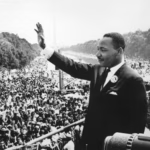 Henry Louis Taylor, Jr.01/20/2025Reflections on Martin Luther King, Jr.’s Dream
Henry Louis Taylor, Jr.01/20/2025Reflections on Martin Luther King, Jr.’s Dream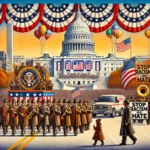 Henry Louis Taylor, Jr.01/09/2025The Trump Inaugural Parade is a Political Event
Henry Louis Taylor, Jr.01/09/2025The Trump Inaugural Parade is a Political Event Henry Louis Taylor, Jr.05/04/2024The Occupation of Hayes Hall: Student Rebellions and Remaking the U.S. UniversityThe Occupation of Hayes Hall
Henry Louis Taylor, Jr.05/04/2024The Occupation of Hayes Hall: Student Rebellions and Remaking the U.S. UniversityThe Occupation of Hayes Hall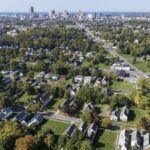 Henry Louis Taylor, Jr.03/21/2024Ryan’s infill housing strategy is the right plan for Buffalo
Henry Louis Taylor, Jr.03/21/2024Ryan’s infill housing strategy is the right plan for Buffalo

